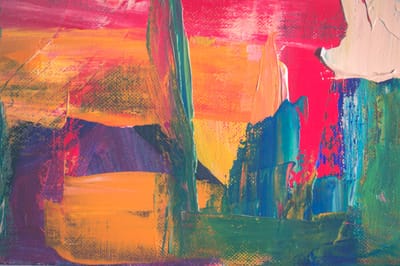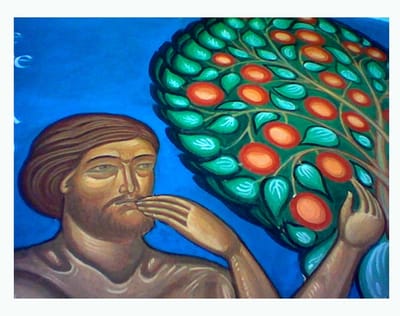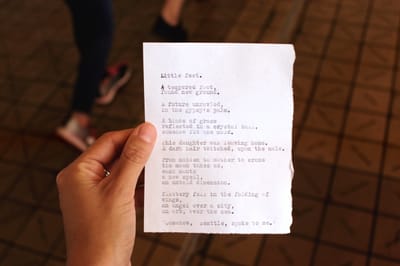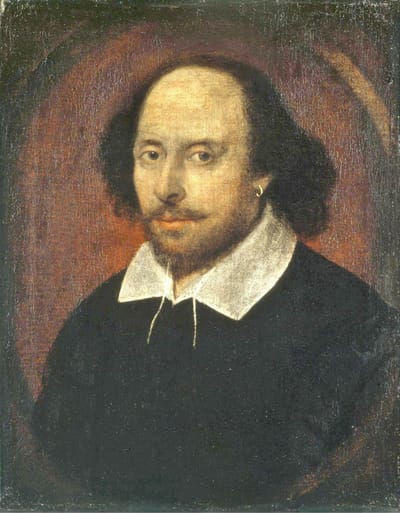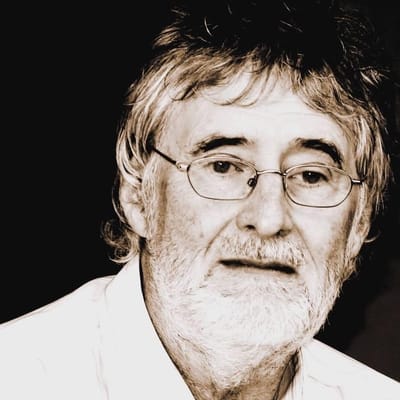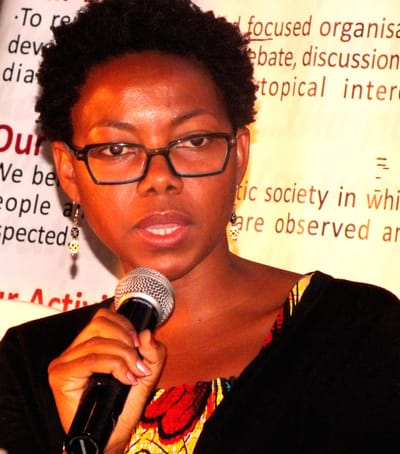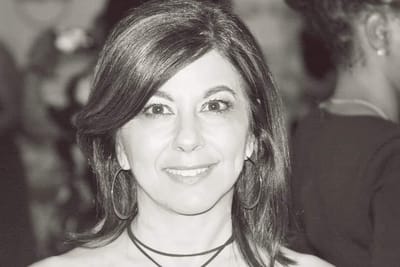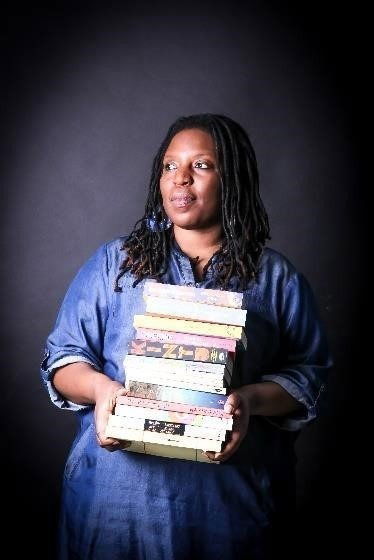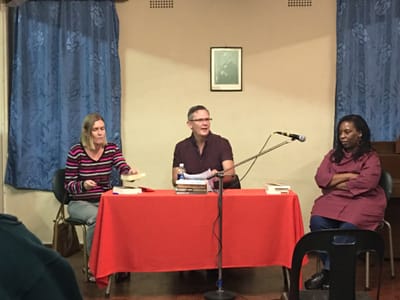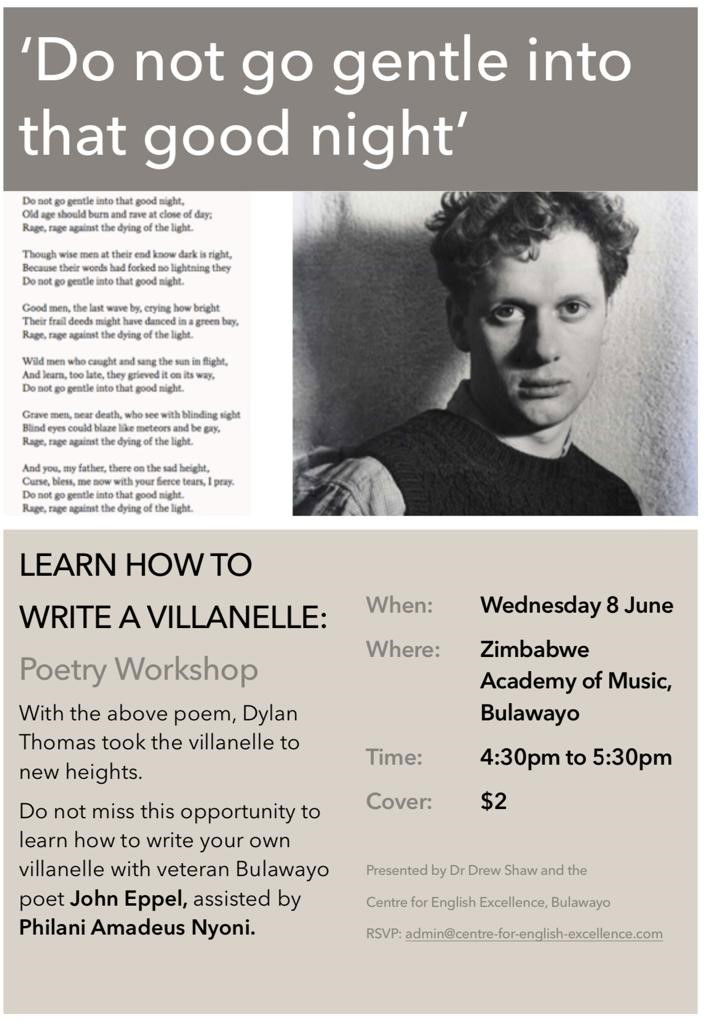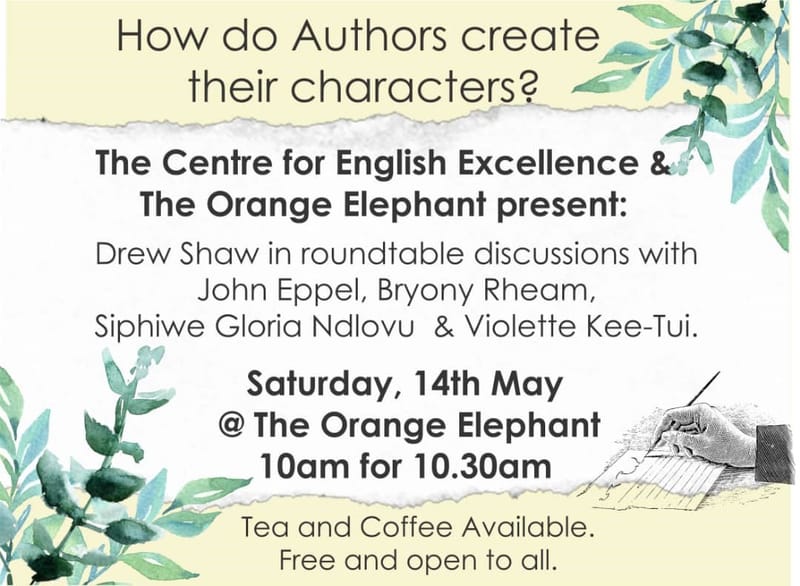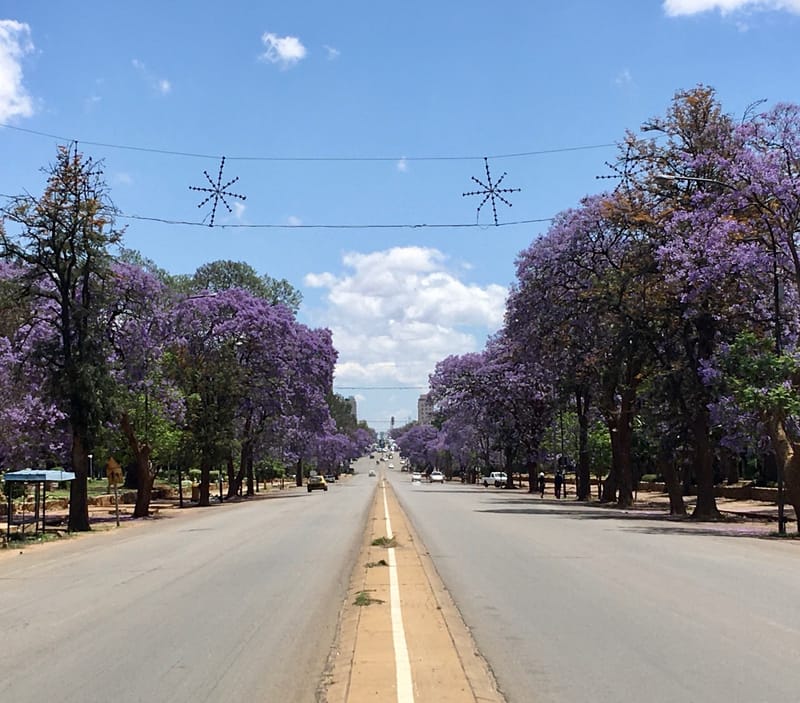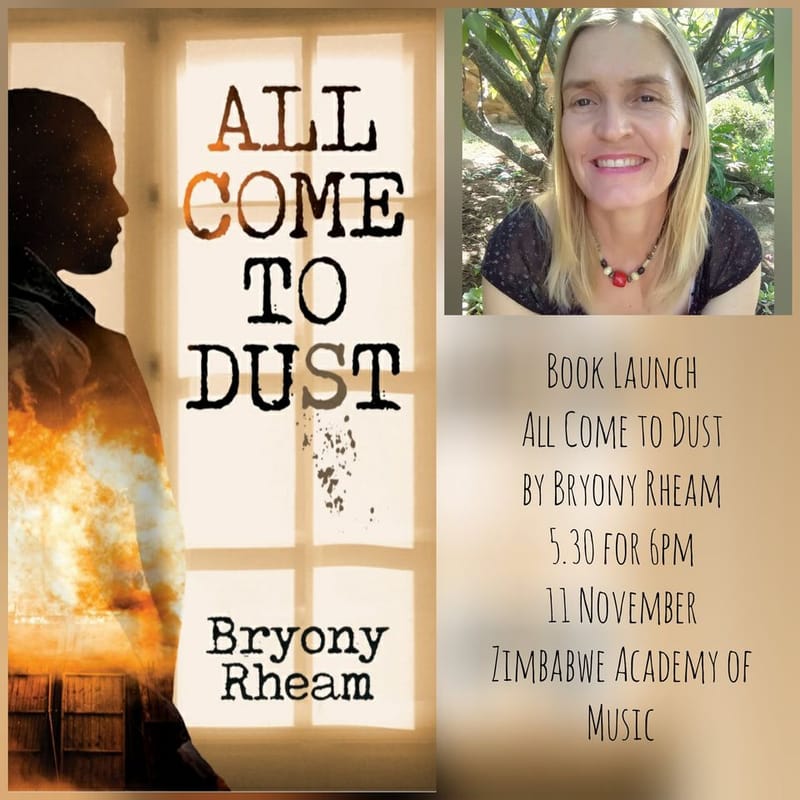Helping you achieve your best in English Studies
Read, Write, Create, Communicate
About
Tutoring - Workshops - Literary & Cultural Events - Communication Skills Training
An association of English Studies specialists, our objectives are to support the teaching and learning of English language and literature and to share relevant resources, beneficial to practitioners and scholars. The Centre therefore hosts, on this site, an archive of materials relevant to the field.
Experienced in diverse aspects of English studies, we are able to recommend creative writing courses and programmes of further study, and we can also connect students with tutors for 'O' and 'A' level English, IELTS preparation, Business English and English for academic purposes.
An association which is not for profit, we bring together and serve a wider community of English teachers and scholars.
Unfortunately we cannot attend to inquiries for tutors or offer any courses until further notice, but please feel free to browse the self-study and other resources on this site.
CEEB Coordinator: Drew Shaw (BA, MA, PhD)

Creative Writing Advisor: John Eppel (BA, MA)

Creative Writing
Bulawayo author John Eppel, who has published 21 books and won awards for his poetry and prose, periodically offers creative writing courses including poetry, plays and novels.
Tutoring for School Examinations in English
0-Level to A-Level English Language and Literature preparation
Preparation for International English Competency Examinations
IELTS and TOEFL
Tutoring in English as a Second Language (ESL) or English as a Foreign Language (EFL)
General English classes: beginner, intermediate and advanced English language training for adults or children
English for Academic Purposes
Academic Essay Writing
Writing a dissertation or thesis
Report Writing
Research Proposals
Writing a Book Review
Critical Thinking
Study Skills
Business English Communication Skills
Effective letters, emails, memos
Giving a presentation
Telephone etiquette
Customer service language
CVs & Covering Letters
Preparing for Interviews
Literary Lectures, Seminars, Discussion Forums and Other Events
We encourage the reading, writing and discussion of all forms of literature. (See examples of past events below).
Some of Bulawayo's Well-known Writers
Bulawayo has a proud literary heritage. Here are a few authors who have called Bulawayo home or lived in 'the City of Kings'.
 NoViolet Bulawayo
NoViolet Bulawayo

 John Eppel
John Eppel




 Sue Nyathi
Sue Nyathi Novuya Rosa Tshuma
Novuya Rosa Tshuma Siphiwe Gloria Ndlovu
Siphiwe Gloria Ndlovu CM (Scotty) Elliot
CM (Scotty) Elliot Articles
This section is aimed primarily at students and teachers at high school and first-year university
Read MoreThis is a written version of the talks given by John Eppel on 25th, 26th and 27th November 2013 at the Zimbabwe Academy of Music, Bulawayo. Organised by the Poetry and Literature in Bulawayo Project, the Interlocutor was Dr Drew Shaw.
Read MoreReadings and analysis of selected 'transcendent' poems. Talks by John Eppel, with Drew Shaw as interlocutor. 18 March - 3 June, 2013, Zimbabwe Academy of Music, Bulawayo
Read MoreTalks given by John Eppel and Drew Shaw at the Robert Sibson Hall, Zimbabwe Academy of Music. 22 June - 6 July, 2016.
Read MoreOn the anniversary of his 50th year as an English teacher, John Eppel talks to Drew Shaw about his life in the classroom.
Read MoreFollowing the short-listing of We Need New Names for the Man Booker Prize, Drew Shaw talks to NoViolet Bulawayo about her homecoming, the experience of exile, the themes and characters of her acclaimed debut novel.
Read MoreRuth Eppel interviews her father John on the subject of the Sonnet (its history, its structure, some examples) and on Keats's poetry on the bicentenary of his death.
Read MoreViolette Kee-Tui talks to Drew Shaw about the process and challenges of writing her debut novel, about the memorable characters in it, and about Bulawayo's much neglected yet culturally vibrant 'coloured' community where it is set.
Read MoreSiphiwe Ndlovu talks to Drew Shaw about The Theory of Flight and The History of Man, both set in the City of Kings. She explains their grandiose titles, her innovative use of narrative form and epic treatment of war and peace and the HIV-AIDS pandemic. Also discussed is travelling, settling and belonging (awkwardly).
Read MoreIn Celebration of literary talent in the City of Kings, Drew Shaw conversed with award-winning authors Bryony Rheam and Siphiwe Ndlovu, both recipients of Morland Scholarships - at the Zimbabwe Academy of Music, 7 May 2021. A video link is available here.
Read MoreContent Page
A Handbook of Literary and Linguistic Jargon
Introduction by Drew Shaw
The ‘field’ of English language and literature studies is more like a forest - one full of jargon where it is easy to get lost. We may hear ‘Shakespeare is a master of iambic pentameter’ or ‘Othello’s anagnorisis is an excruciating moment of truth’ or ‘Achebe’s writing is laden with aphorisms’, but what do these terms mean? In poetry what is eye rhyme or falling rhyme, enjambment or a terza rima? In linguistics, what are adjacency pairs, back-channelling, consonant clusters, diphthongs or homonyms? What is Communication Accommodation Theory or a sociolect? In English Studies there is a vast vocabulary of terminology that can seem elusive. Literary and linguistic terms should enhance our understanding and appreciation, but without ready explanations they may seem disorientating, and one risks being lost in a forest of jargon. What we often lack - both teachers and students of English - is a guide to explain it all.
The author of this glossary of literary and linguistic terms - our guide - is John Eppel, who has been a poet, short story writer and novelist since the 1960s. He has so far published twenty-one books and won the Ingrid Jonker Prize (1989), the M-Net Prize (1992), a Zimbabwe Achievers Award (2012), a NAMA (National Arts and Merits Award) (2015), and the Poetry Business Prize (2016). Teaching English Language and Literature in schools for nearly fifty years, ‘Mr Eppel’, as he is known by former students, is appreciated for bringing poems, plays and novels alive. His first teaching post was at Milton High School (his alma mater) in Bulawayo in 1971 and now, in 2020, he is teaching part-time at Girls College, also in Bulawayo, where he worked previously in the 1980s and 1990s. In the interim decades, he has taught at Hamilton High School and Christian Brothers College in Bulawayo, and at various schools in England and South Africa.
A senior ‘man of letters’ and popular teacher, John Eppel is well positioned to lead discussions of English Studies. From Austen to Achebe, Dickens to Dangarembga, Kanengoni to Keats, Marvell to Mungoshi and Chaucer to Shakespeare, he has taught a vast range of literature on school syllabuses over the decades, and former students (commenting on FaceBook literary forums) note his unique ability to explain and inspire simultaneously. His ‘O’ and ‘A’ Level literature study guides (published by Weaver in Harare) also remain popular.
This handbook is intended for students and teachers of English language and literature studies, as well as aspiring writers of poetry, short stories, and novels. What started as a discussion forum on Facebook has ended up as a full-length account of key concepts, a type of go-to resource. Laden with anecdotes and examples, it will also appeal more broadly to any literature enthusiast keen to expand literary and linguistic knowledge, or simply to be entertained by a highly readable collection of commentaries.
Accompanying the glossary is my own ‘Beginners Guide to Using Literary and Cultural Theory’, which expands on critical concepts outlined by John Eppel in the glossary, and which suggests how students of English Literature at ‘A’ level and first-year University can further develop tried and tested critical skills while also familiarising with other critical practices, such as Psychoanalytic, Marxist, Feminist, Poststructuralist or Postcolonial criticism. The introductory guide and reading list may also help those suddenly tasked with addressing ‘theory’ for the first time in the classroom.
In the meantime, the following questions have been collected to challenge even the most literate and knowledgeable, and answers can be located, in alphabetical order, in the glossary. We hope you enjoy the quiz and its exploration of literary and linguistic jargon.
QUIZ ONE
What is bombast?
What is a caricature?
What is the canon?
What is Communication Accommodation Theory (CAT)?
What is the collective unconscious?
What are consonant clusters?
What is the cooperative principle?
What is Courtly Love? Give an example.
What is a dactyl?
What are determiners?
QUIZ TWO
What is didactic literature?
What is a diphthong?
What is a domestic tragedy?
What is a dumb show?
What is an elegy?
What is enjambment?
What is eye rhyme?
What is falling rhythm?
What is farce? Give an example.
What is first-person narration?
QUIZ THREE
What is a foot in poetry?
What is a genderlect?
What does holophrastic mean?
What are homonyms?
What is the difference between hype and hyperbole?
What’s an interior monologue?
What is intertextuality?
Explain irony? Give an example in literature.
What are Janus words?
What is joissance?
QUIZ FOUR
What is a lament?
What is LASS? Explain it.
What is a leitmotif?
What is a lingua franca?
What is logocentrism?
What is magic realism?
What is a malapropism?
What is a maxim?
What is a melodrama?
What is minimalism in literature?
QUIZ FIVE
What is Negritude?
What is New Criticism?
What is a novella?
What is an Ode?
What is an omniscient narrator?
What is an onomatopoeia?
Give and example of Oral tradition?
What is an oxymoron?
What is a parable?
What is a paradigm shift?
QUIZ SIX
What is a paradox?
What is pastoral poetry?
Explain personification, giving a poetic example.
What is a Petrarchan sonnet? Explain its main components.
Explain the main features of a picaresque novel and give an example.
What is a poetics?
What are some features of postmodernism in literature?
What is Poststucturalism?
Who were the Pre-Raphealites?
What is Practical Criticism?
QUIZ SEVEN
What is prosody?
What is a pun?
What is a quatrain?
What is realism?
What is a refrain?
What is a revenge tragedy?
What is a rhapsody?
What is socialist realism?
What is a spondee?
What is stream of consciousness writing? Give and example.
QUIZ EIGHT
What is subtext?
What is surrealism? State some of its characteristics.
What is a synecdoche? Give an example.
Explain the Theatre of the Absurd. Give examples.
What is third person narration?
What is a tragic flaw? Give an example.
What is tragic irony? Give an example.
What is tragicomedy? Give an example from Shakespeare.
Who were the troubadours?
What is verisimilitude?
Events
'Do not go gentle into that good night,' wrote Dylan Thomas in his famous villanelle, taking this poetic form to new heights. Do not miss this opportunity to learn how to write a villanelle under the instruction of veteran Bulawayo poet John Eppel, assisted by Philani Amadeus Nyoni. Zimbabwe Music Academy, Bulawayo, Wednesday 8 June, 4.30pm. All are welcome. $2 cover. RSVP: admin@centre-for-english-excellence.com
Dr Drew Shaw in roundtable discussion with Bulawayo authors John Eppel, Bryony Rheam, Siphiwe Gloria Ndlovu and Violette Kee-tui.
See flyer attached for course description and registration details. 13 sessions. 13 weeks.
In the grounds of the beautiful ZAM (Zimbabwe Academy of Music), Bryony Rheam launches her long-awaited crime fiction novel set in the city of Bulawayo. She is introduced by CEEB Coordinator Drew Shaw and fellow writer Mzana Mthimkhulu.
